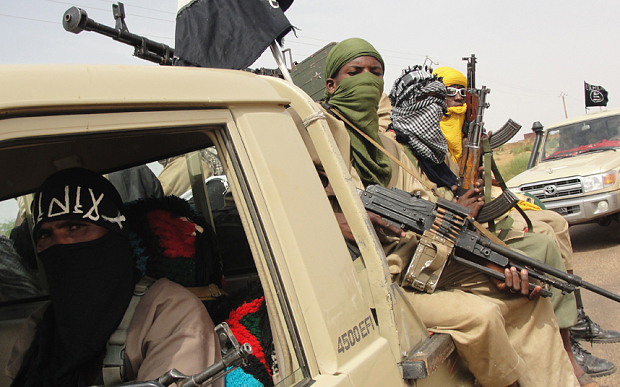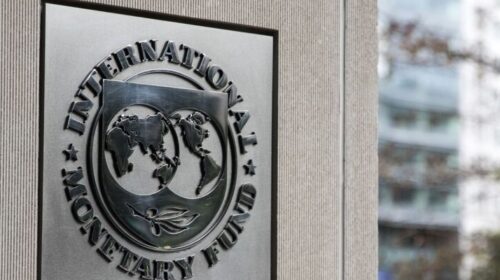Violence in the African Sahel affects the mining food chain
The violence in the African Sahel has caused mine exploration companies to put their projects on hold, which is detrimental to an industry struggling to grow and to fragile local economies.
At least 37 people died while 60 others were wounded last November when militants attacked a convoy of Semafo Inc employees, the deadliest attack to date on a mining company in the region.
Islamist groups pushed south from their strongholds in northern Mali and attacked much of Burkina Faso and also parts of western Niger.
As security costs have increased, mining companies looking for mineral deposits have ceased projects in the most dangerous areas.
Resolute Mining, a gold mining company, holds minority interests in five exploration companies, one of which – Mako Gold – advised to end exploration on a project in Burkino Faso at the end of last year.
“If Resolute is unwilling to establish a jurisdiction to build and operate a mine, the explorers will not be rewarded for investing and discovering something,” said Resolute CEO John Welborn, on the sidelines of the Mining Indaba conference in Cape Town last week.
“The ecosystem works because the little fish are eaten by the slightly larger ones.”
Welborn estimates that the company will spend $ 20 an ounce of gold on security in Syama – or about $ 5.2 million this year if he expects the mine to produce 260,000 ounces.
Gold explorer Predictive Discovery ended its Burkina Faso projects after an attack killed a geologist who was employed by one of the company’s joint ventures.
“You couldn’t get anyone to go there,” said Paul Roberts, CEO of Predictive Discovery.
Other projects have been frozen for years. Golden Rim Resources suspended its Babonga project three years ago because of its proximity to the Nigerian border.
Unless the security situation improves, the company will abandon the project, said managing director Craig MacKay. The company pays approximately $ 10,000 a month to the Burkinabe Ministry of Security.
In Niger, the army has stationed a 20-member train for the Global Atomic Corporation’s Dasa uranium project, said chairman Stephen Roman and declined to disclose the costs.
Companies also say that if possible, they hire local workers to avoid hiding.
“Your acceptance in the community is your greatest protection,” said Mark Bristow, CEO of Barrick Gold Corp, which manages Mali’s largest mines.
Despite the security risk, low production costs make the region attractive. For established miners, the cost of shutting down and pulling out is higher.
West African Resources, whose Sanbrado mine is located in the center of Burkina Faso, plans to pour the first gold by mid 2020.
Semafo, whose Boungou mine has been closed since the November attack, plans to restart the mine in the fourth quarter.
Mining is also driving economies in the Sahel, the African region below the Sahara.
Mining in Burkina Faso accounts for 70% of export earnings and 15% of the government budget, said minister of mines Oumarou Idani. Uncertainty has already hit gold production.
“In these times, it is important to hold on to these countries and continue to operate and invest,” said Sebastien de Montessus, CEO of Endeavor, who wants to be Burkina’s largest gold producer in 2020.





